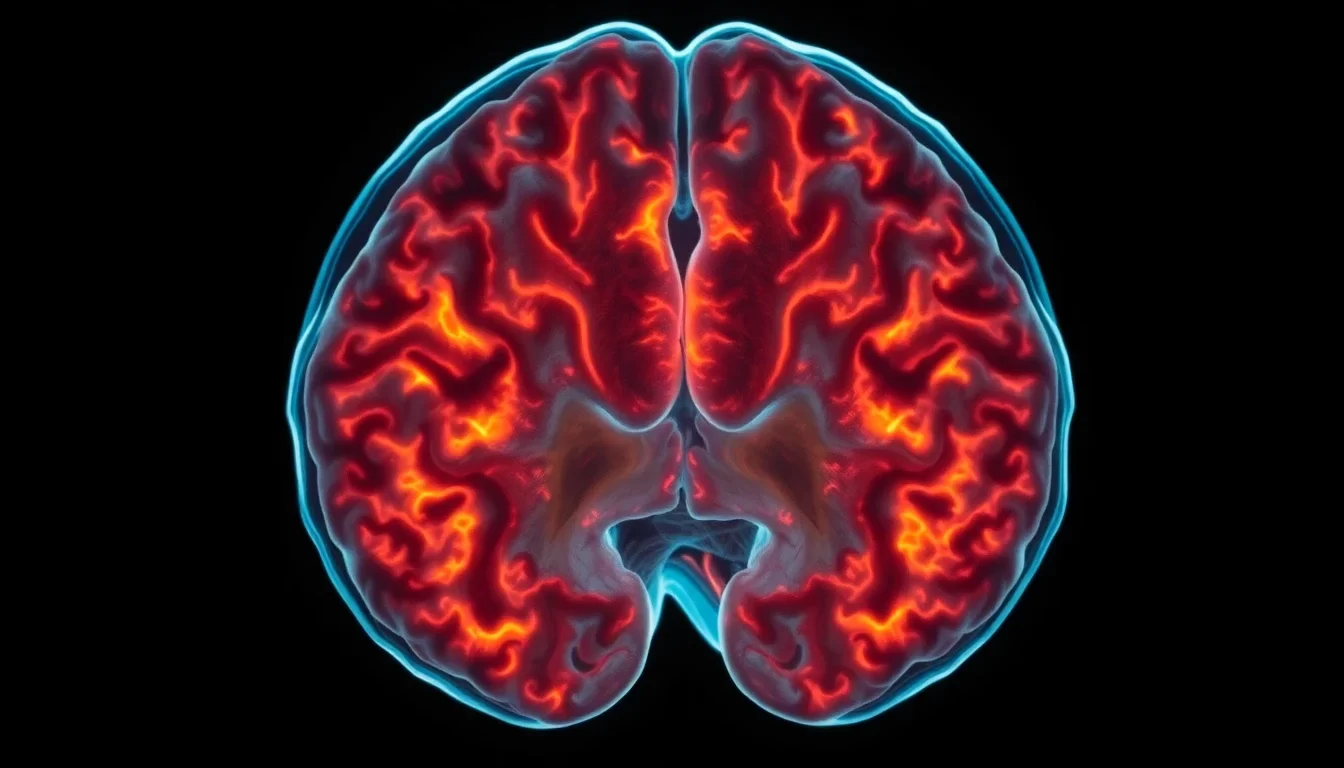


Lewy Body Dementia (LBD), also known as Dementia with Lewy Bodies is one of the commonest forms of dementia.
It is caused by deposits of abnormal proteins in the brain cells of the patient. These abnormal proteins, called Lewy Bodies disrupt the normal functioning of the brain and result in a range of physical, psychological and neurological problems.

Diagnosis of Lewy Body Dementia can be difficult since it shares symptoms with many other conditions, most notably Alzheimer’s Disease and Parkinson’s Disease.
It shares the following symptoms with Alzheimer’s:
* Changes in behavior
* Confusion and disorientation
* Impaired judgment and reasoning
* Speech problems
* Memory loss
It may also share the following symptoms with Parkinson’s disease:
* Tremors
* Muscle stiffness
* Unsteady gait
* Problems with balance
However, LBD has other symptoms which set it apart from these diseases. They are:
* Visual hallucinations – usually involving people or animals
* Marked fluctuations in levels of alertness and attention including drowsiness and confused speech patterns
* Depression
* Loss of spontaneous movement
The Lewy Bodies (protein deposits) on the brain do not show up on brain scans. In fact, they can only be detected during an autopsy.
Hence, they cannot help in diagnosis. Instead, a doctor has to rely on observed symptoms and patient history to make a diagnosis.

The cause of Lewy Body Dementia is as yet unknown but there is some evidence of it running in families, suggesting that there may be a genetic predisposition.
There is also no cure for Lewy Body Dementia hence the prognosis is not good. The disease progresses in a similar fashion to Alzheimer’s developing over several years with progressive worsening of symptoms and an average life expectancy of around eight years.
It is a neurodegenerative disease and its course cannot be halted. Day to day tasks will become increasingly harder to handle as the disease progresses and in advanced stages the patient will require full time care.

Treatment concentrates on minimizing the impact of symptoms and making the patient as comfortable as possible and providing as normal an existence for as long as possible.
Drugs prescribed for both Alzheimer’s and Parkinson’s may be used. Prescribed drugs have to be closely monitored as their efficacy has been found to vary widely from patient to patient.
A large proportion of Lewy Body Dementia sufferers also have a high sensitivity to Neuroleptics- a strong tranquilizer used in treatment of mental health issues.
Using these drugs can worsen symptoms (especially the Parkinson’s symptoms) and in extreme cases may lead to a condition called Neuroleptic Malignant Syndrome which can be life threatening.